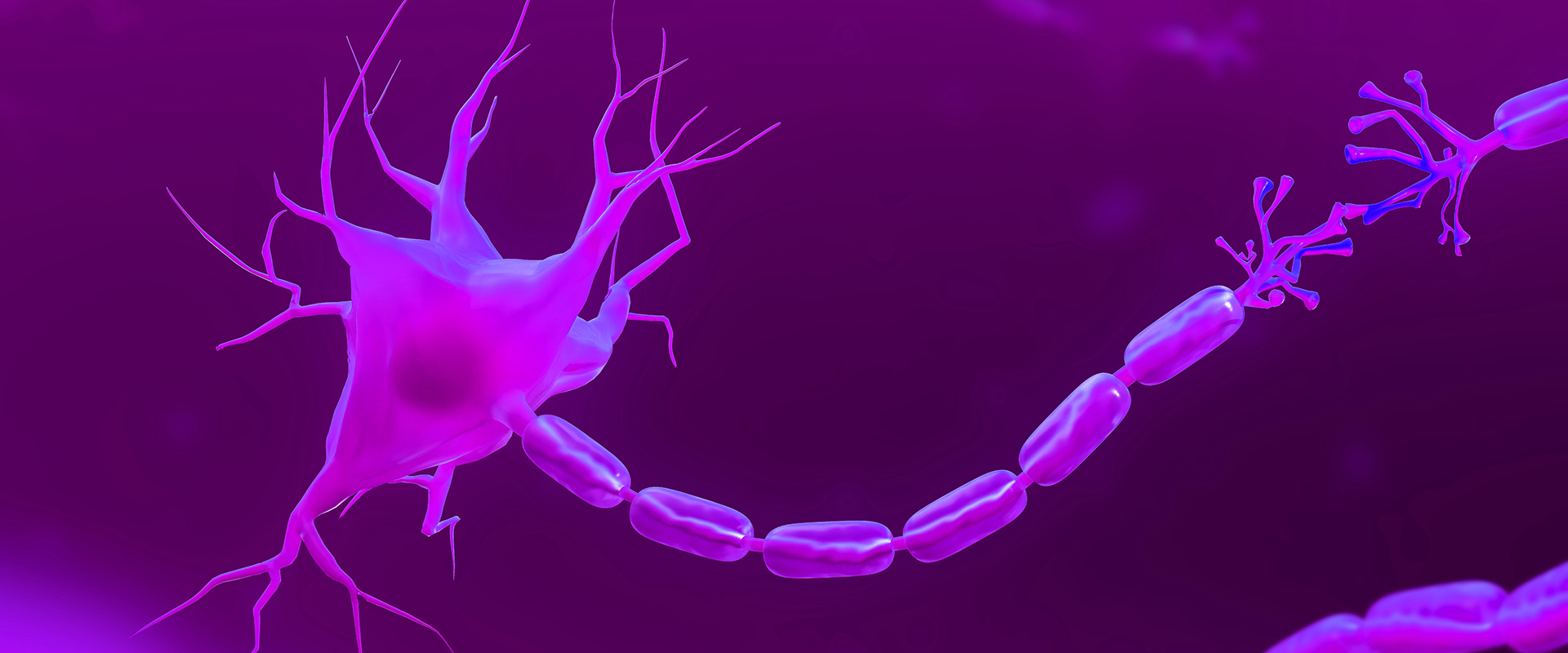
Depression
Depression, clinically known as major depressive disorder, is a common mental disorder that affects about 5% of adults globally. It is characterized by a persistent feeling of sadness and loss of interest and pleasure in activities. It can cause difficulties with thinking, memory, eating and sleeping, and, in severe cases, lead to self-harm or suicide. There are treatment options currently available to help improve symptoms, including medications and psychotherapy.
Depression is one of our main disease areas, as we recognize the substantial unmet clinical needs and the vast untapped markets in this field. By focusing on improving efficacy and safety, we address the key shortcomings of traditional antidepressants and aim to lead the efforts in developing a new generation of drugs. Our depression programs are currently in various stages of development.
Schizophrenia
Schizophrenia is a chronic and severe mental disorder that disrupts how one thinks, feels and behaves. Its main symptoms include delusions, hallucinations, disorganized speech, trouble with thinking, etc. Schizophrenia significantly impacts the quality of life for those affected and takes immense toll on their families and wider society as well. While there is currently no cure for schizophrenia, patients typically receive a combination of medication and therapy to manage their symptoms.
Our strategy for schizophrenia involves exploring novel mechanisms and approaches to fill the gap in current treatments. We are committed to overcoming deficiencies in existing antipsychotics and addressing the whole spectrum of schizophrenia symptoms, including positive, negative, and cognitive symptoms. We are making continuous advancements in the development of our leading drug candidates for schizophrenia.


Neurological Disorders
Neurological disorders encompass a broad range of conditions that impact both the central and peripheral nervous systems. This category includes Alzheimer’s disease (AD) and other forms of dementia, Parkinson’s disease (PD), epilepsy, amyotrophic lateral sclerosis (ALS), Huntington’s disease, and multiple sclerosis (MS), among others. The symptoms associated with these disorders can differ significantly, but they all involve various forms of impairment to cognitive and physical functions. Most of these disorders are very difficult to treat, and current treatments are mainly focused on alleviating associated symptoms and slowing their progress.
Our strong R&D capability is the cornerstone of our approach in addressing neurological disorders, enabling us to drive innovation from within. Our commitment to collaboration with academic institutions and industry partners also ensures that our efforts are informed by the latest scientific progress and diverse perspectives.




